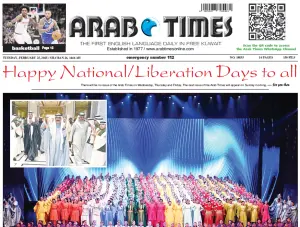09/07/2018
09/07/2018
Jacob adds the spice to music


